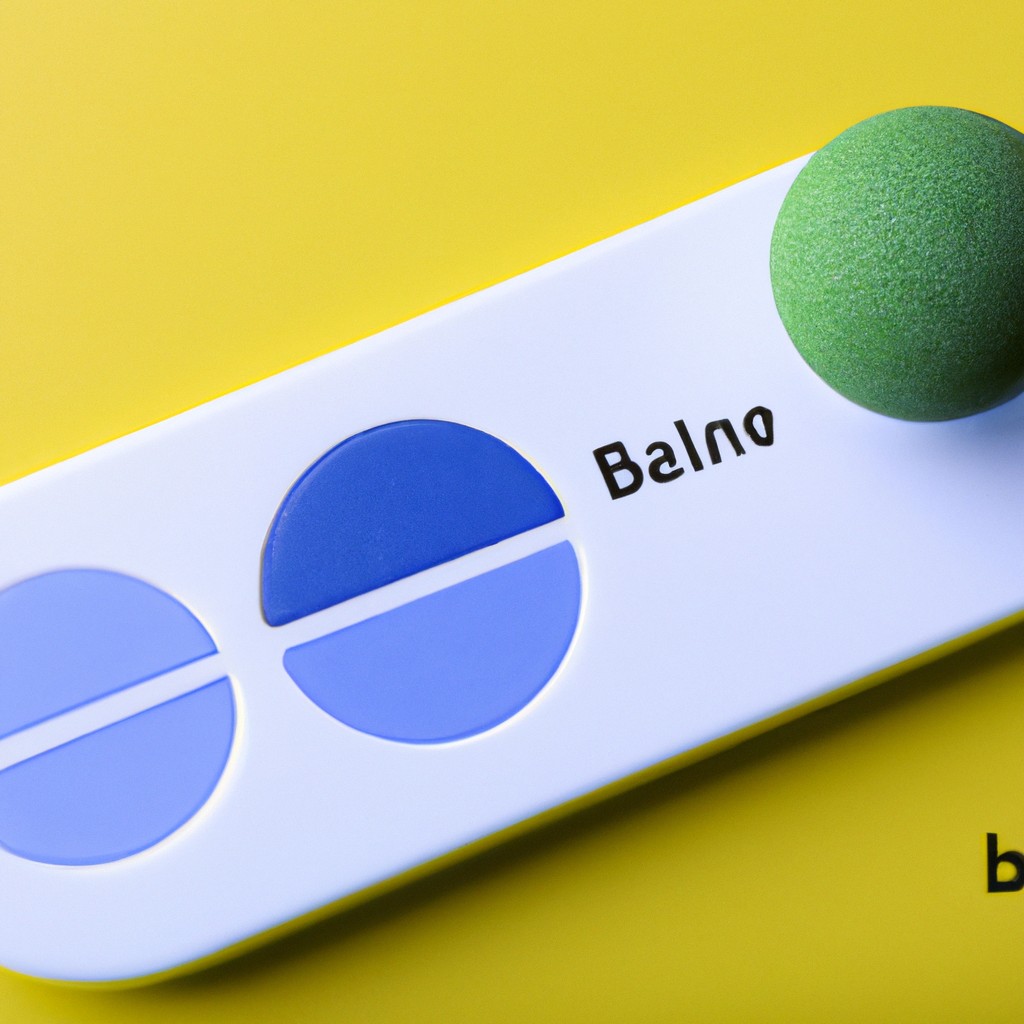Proposed solutions to lower prescription drug prices

Proposed solutions to lower prescription drug prices involve various strategies aimed at making medications more affordable and accessible. One approach is to empower Medicare to negotiate drug prices directly with pharmaceutical companies to secure lower costs. Another solution is to allow the importation of safe and affordable medications from other countries, where prices are often significantly lower. Additionally, promoting the use of generic drugs can help lower prices, as they are typically cheaper alternatives to brand-name medications. Increasing transparency in drug pricing and encouraging competition in the pharmaceutical market are also vital steps towards reducing costs. By implementing these solutions, individuals can gain better access to necessary medications without facing exorbitant prices.
Read more
Impact of high drug prices on patients

Eye-watering drug prices have a devastating impact on patients, leaving them struggling to afford vital medications. Many are forced to make impossible choices, sacrificing basic necessities to get the treatment they need. The heavy financial burden leads to increased stress and anxiety, exacerbating the already challenging battle against illness. Patients are left feeling abandoned by a system that prioritizes profit over their well-being. The unaffordability of drugs ultimately jeopardizes their health, as they may forgo important medications or opt for lower-cost alternatives that may be less effective. Urgent action is needed to address this crisis and ensure that patients have access to affordable and life-saving treatments.
Read more
Factors contributing to high prescription drug prices

Factors contributing to high prescription drug prices include research and development costs, intellectual property rights, and government regulations. Pharmaceutical companies invest a significant amount in discovering and developing new medicines. These costs are often passed on to consumers. Intellectual property rights allow companies to have exclusive control over the production and distribution of their drugs, enabling them to set high prices. Government regulations, such as lengthy approval processes and patent protections, also contribute to the high cost of prescription drugs. Additionally, the lack of competition in the pharmaceutical industry allows companies to maintain high prices without fear of losing market share. These factors combined result in the skyrocketing prices of prescription medications, making it increasingly difficult for patients to access the treatments they need.
Read more
Prescription drug prices

Prescription drug prices continue to rise, causing significant financial burden for many individuals. The increasing cost of these medications hampers access to essential treatments, leaving patients struggling to afford their necessary prescriptions. This issue is particularly concerning for those with chronic illnesses who rely on medication for their daily well-being. The pharmaceutical industry justifies these high prices by referencing research and development costs, but this rationale fails to address the real impact on patients. As a result, people are forced to make difficult choices, such as skipping doses or rationing their medication. This situation not only endangers their health but also creates a sense of frustration and helplessness. Urgent action is needed to address prescription drug pricing and ensure affordable access to life-saving treatments for all.
Read more












